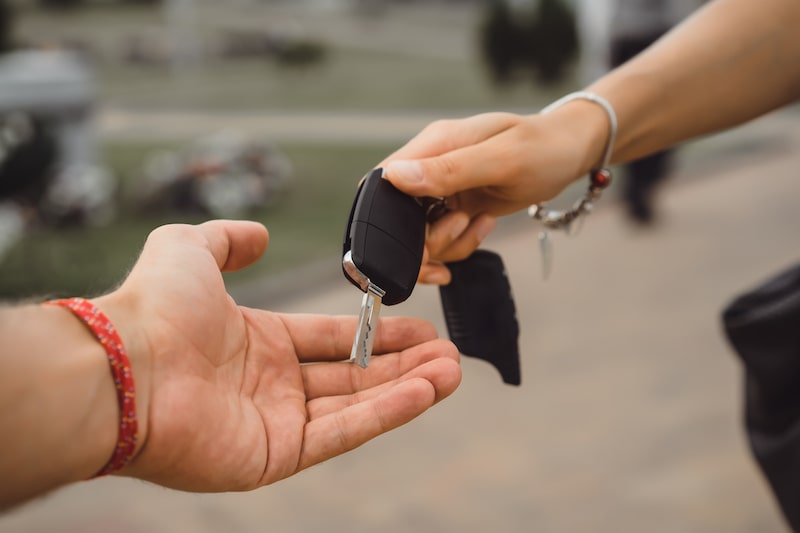Generally, people get auto insurance because they own a car. Not only is it usually required when registering a vehicle, but it’s also just a good idea, period. Accidents can end up costing a lot of money, between repairs to the vehicle you were driving, other vehicles involved, and medical costs if anyone is injured. But what if you don’t own a vehicle and you want to purchase insurance?
Well, there are insurance policies known as non-owners insurance policies, although they don’t apply to a specific vehicle. You may also find being added to someone else’s policy is a good option. If you do want to insure a specific vehicle, and you don’t own it, you may be able to, under some circumstances.
Non-Owners Insurance
Non-owners insurance is ideal for people who drive various different vehicles frequently, but don’t own any of them.
Who Might Use Non-Owners Insurance?
People who drive rental vehicles often may opt for non-owners insurance as it is often cheaper in the long run, and offers better coverage than the temporary policies offered by car rental companies.
Employees who might often be driving others’ vehicles might also want to get a non-owners policy. Nannies, for example, might be driving the cars belonging to the families they’re employed on a regular basis.
Being Added To The Owner Insurance Policy
If non-owners insurance doesn’t suit your needs, there’s another common solution that could be a better fit, compared to trying to put insurance on a car you don’t own: being added to the insurance policy that the car’s owner already has.
If you drive their vehicle often, their insurance policy probably requires that you be added on, anyway.
Who Might Benefit From Being Added to the Owner Policy?
Usually, family members and domestic partners are the people that end up being added to a car owner’s policy, because they are effectively sharing the vehicle with the owner, even if they aren’t technically sharing ownership.
Being Added To The Car’s Title
Yet another option is being added to the car’s title—but as that will make you part owner, that is probably not the solution you’re looking for if you want to get car insurance on a car that you don’t actually own. This can be quite a hassle in some states, as well, depending on the amount of paperwork required.
Purchasing Your Own Policy On A Vehicle You Don’t Own
If none of the above work for you, then you’ll have to try purchasing a policy in your name on a vehicle that you don’t own. This isn’t usually the ideal option, but it can be done. We’ll explain why it’s difficult, and how you can get around that.
The biggest obstacle to insuring a car you don’t own has to do with the first stage of applying for any insurance policy. The company checks to see if you have an “insurable interest” in the property you’re purchasing the policy for.
Obviously, if you own the vehicle, it’s pretty cut and dry. If you don’t, however, the insurance company is likely to come back to you with a refusal because they don’t view you as having an insurable interest in the vehicle.
If you’re going to buy car insurance for a vehicle you don’t’ own, you’ll have to prove that you have a good reason to do so. Otherwise, the insurance company will worry that one, you don’t have the motivation to keep the car undamaged (since it’s not yours) or two, you might be gearing up to commit insurance fraud.
There are, however, reasons that you might want to insure a car you don’t own that are completely legitimate. If this is the case for you, then you’re going to have to demonstrate two things to the insurance company:
- You have a need to insure this vehicle
- Other more traditional methods of achieving coverage won’t work for your situation
For example, if you are driving a family member’s vehicle daily, and have custody of the vehicle as a result, this might constitute insurable interest. Highlight the pertinent aspects of your situation: that you cannot afford to buy your own vehicle, for example, or that there is a complete lack of public transportation that can suit your needs.
Because this type of policy is the exception to the rule, be prepared to have to shop around and to speak directly with agents at each company to find out whether or not they can provide you with insurance for a vehicle you don’t own. Often, you might get a “no” from the first person you talk to, but after escalating the issue to someone with more flexibility, you may be able to purchase an auto insurance policy that perfectly meets your needs.

